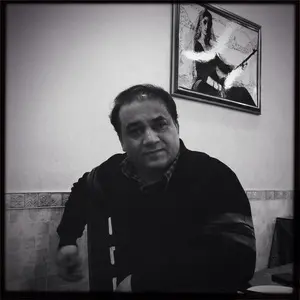
Tohti, an influential Uyghur writer and economist, co-founded the website Uyghurbiz. He was arrested at Beijing airport in January 2014, and found guilty of separatism and sentenced to life imprisonment in September 2014. Tohti had endured years of repeated instances of harassment and detentions for his peaceful advocacy for the rights of Uyghur minority. Since 2017, Tohti has been held incommunicado in an Urumqi prison, where authorities denied all access to his family and to legal counsel.
